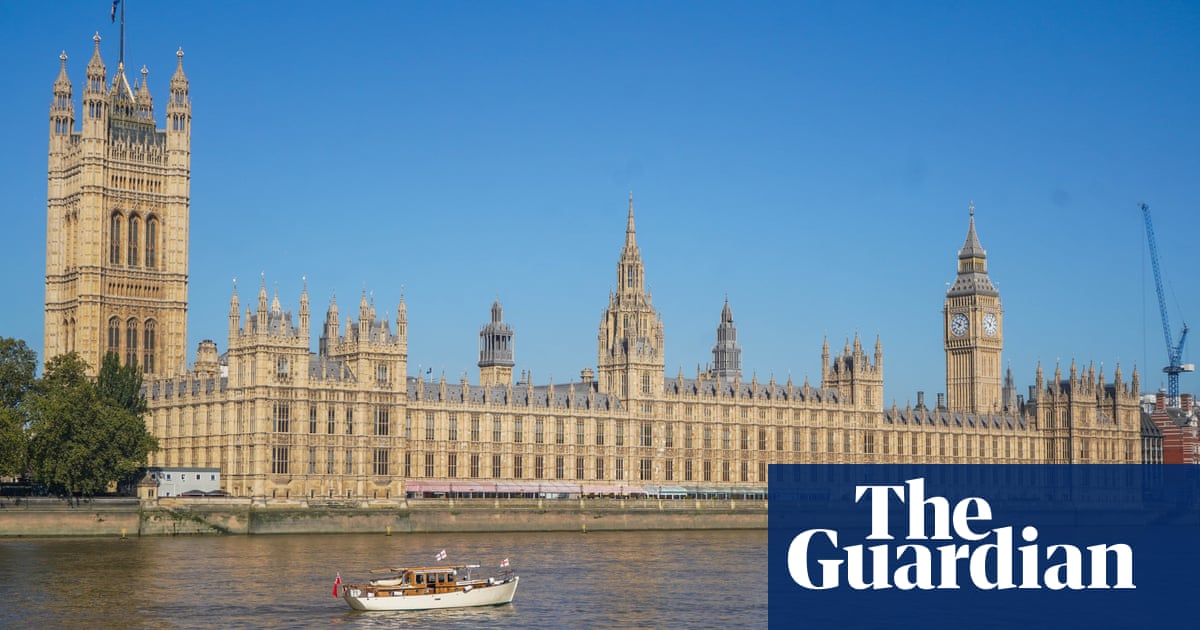
A British academic who has promoted anti-vaccine misinformation has raised more than £150,000 through a university donations portal to support his research during the coronavirus crisis, the Guardian can reveal.
Prof Chris Exley, a chemist at Keele University, authored a 2017 study that claimed tiny amounts of aluminium in vaccines may cause “the more severe and disabling form of autism”.
Health experts have strongly disputed the findings, including Prof Andrew Pollard, chair of the Oxford Vaccine Group, who has previously called the study’s conclusion “bad science”.
Exley, who calls himself Mr Aluminium on social media, encourages followers of his Instagram page to donate to research at his laboratory at Keele University through the university’s online portal. His studies have been shared tens of thousands of times on social media, often by people questioning the safety of vaccines.
A Freedom of Information Act request by the Guardian has found that Exley received £173,612.42 in donations and gift aid from May 2019 to the end of 2020, ranging from £5 to £77,278.12. Donations to his research have surged during the pandemic, with £158,621.27 of the total sent since Covid emerged at the end of 2019.
A $15,000 donation from Robert Kennedy Jr, a prominent anti-vaccine activist who has shared a social media post about the Bill Gates “microchip” conspiracy theory in the pandemic, was the only donation to Exley rejected by Keele University in the time period. Children’s Health Defense, an anti-vaccine group Kennedy chairs, confirmed to the Guardian that it had tried to send the money.
In a post on Children’s Health Defense’s website, Kennedy voiced surprise that his donation had been rejected. In an email to him, Prof David Amigoni, the pro vice-chancellor for research and enterprise at Keele University, said accepting the donation could “generate potentially negative media coverage” and jeopardise relationships with other funders of other research, including the NHS and the National Institute for Health Research.
In 2019, the Sunday Times reported that Exley’s supporters had turned to the crowdfunding site GoFundMe to raise money for his work after scientific research councils refused his grant applications following protests by scientists. Exley has said more research is needed into the safety of aluminium in vaccines.
Exley did not respond to the Guardian’s request for comment. In 2019, for a previous article that reported his research group had raised more than £22,000 from donations, Exley said the money was used to “support basic running costs of my lab and are not associated with any specific project. This is the nature of a donation as compared to a grant.”
In a study published in May last year, Exley thanked donors to his research group for “enabling the purchase of brain tissues and their processing and measurement”.
On his Instagram page, which has a link to fundraising for his research, Exley encourages his followers not to “accept the lies of vaccine apologists” and links aluminium in vaccines to autism.
Keele University said: “The university emphatically supports public health vaccination programmes and recognises the importance that current vaccines play in protecting health both in the UK and globally.
“The university exercises high levels of due diligence in carefully considering all philanthropic sources of funding. This results in us both accepting and rejecting funds. We do not accept philanthropic gifts which place any specific conditions upon the university beyond the general area that it is intended to support. If gifts are used to fund specific research activities, then that research is governed by established procedures to ensure that it meets the highest level of ethical and research integrity.”












